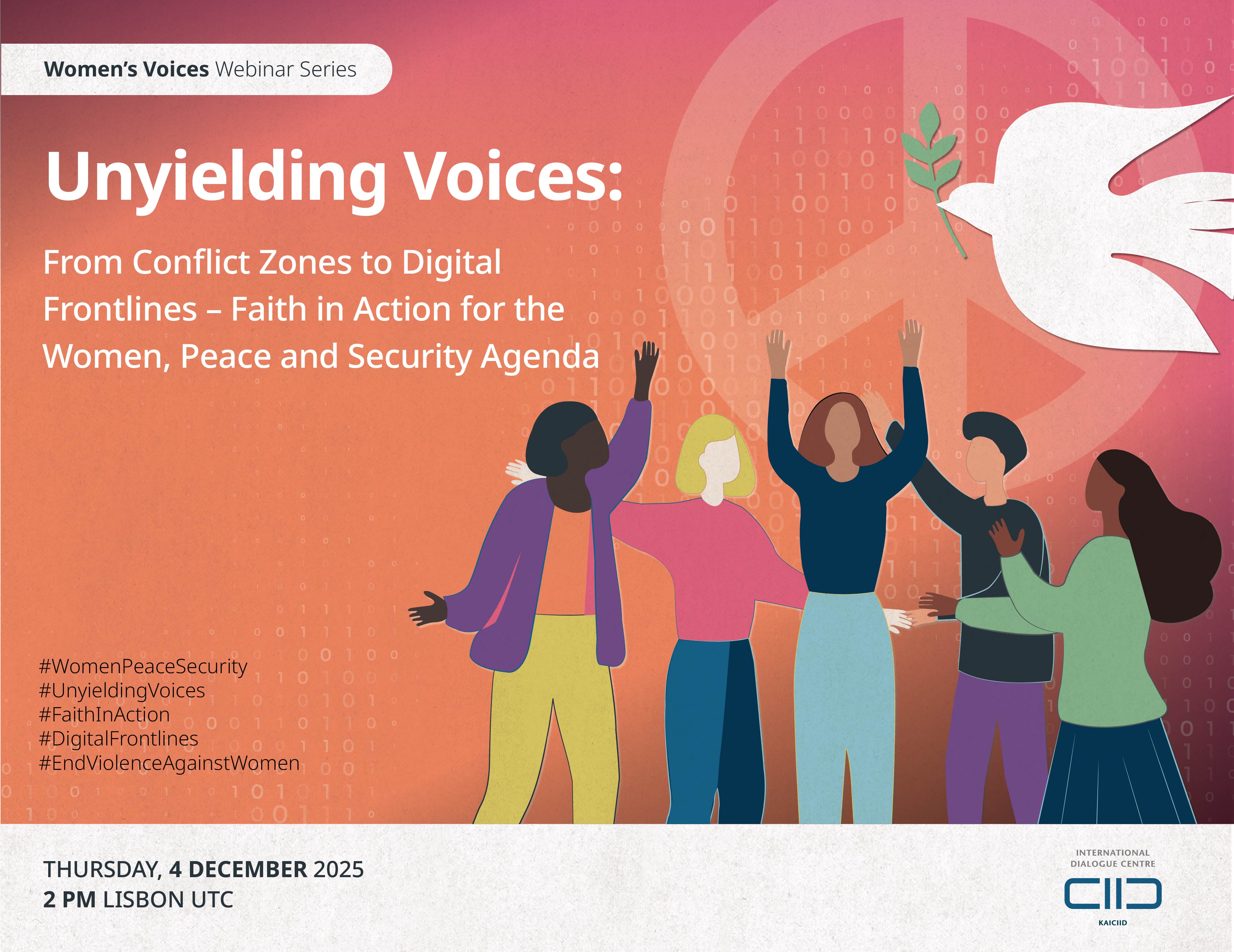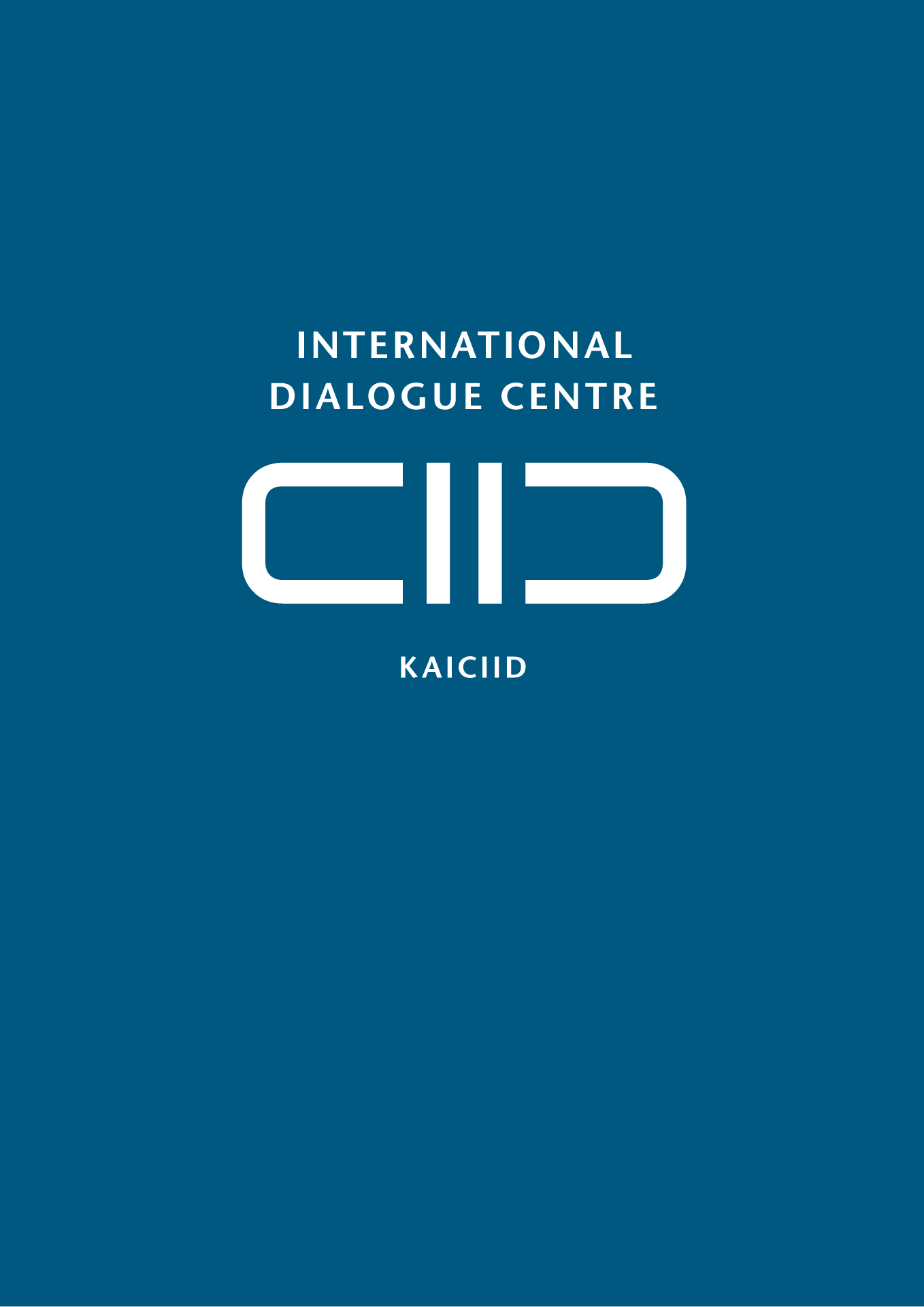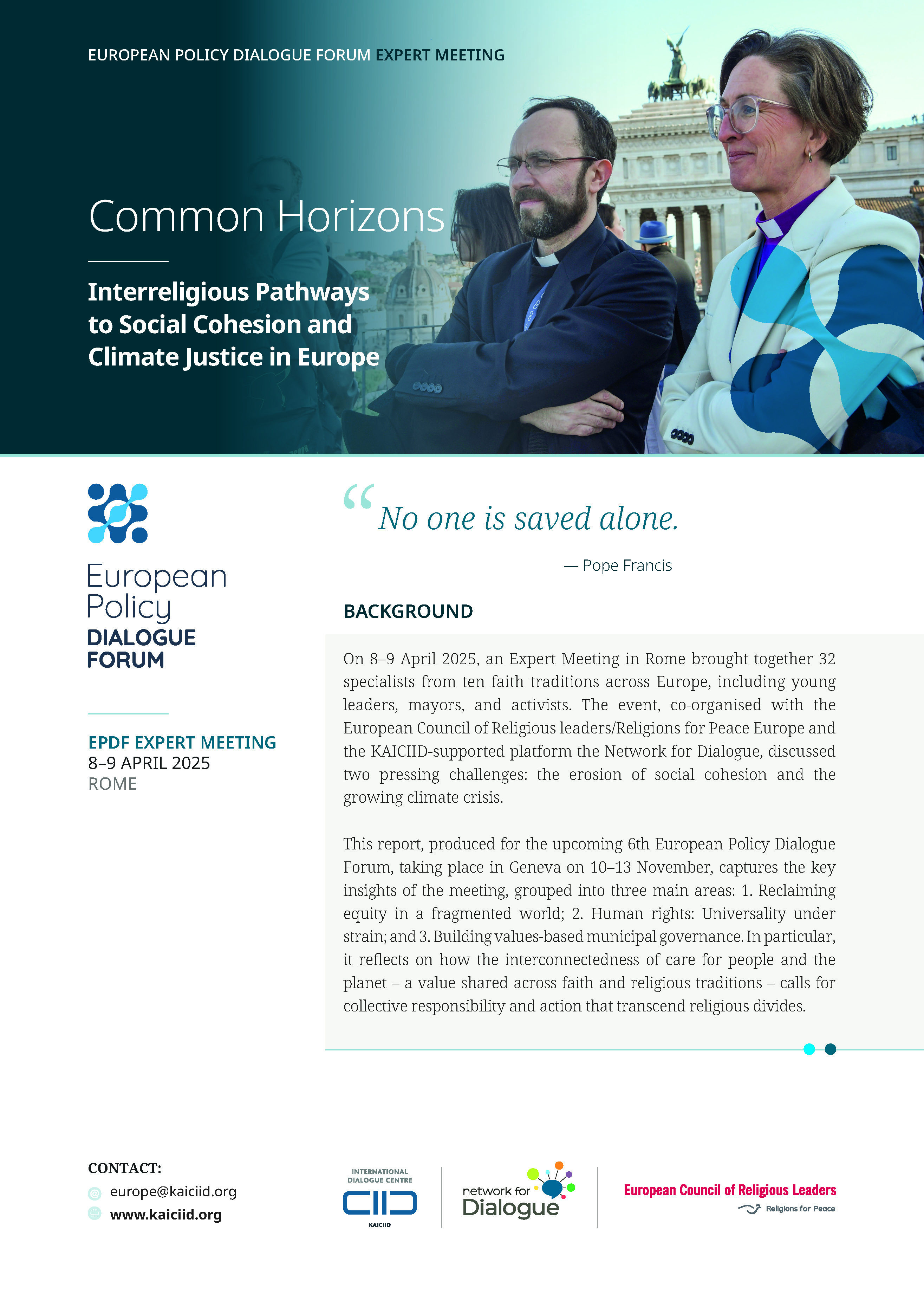Maha Abdullah Z Assiri
Sometimes you Win, Sometimes you Learn
75 Years of the European Convention on Human Rights: Keeping Human Rights Alive through Dialogue
Imagine Europe without the European Convention on Human Rights. No Court in Strasbourg to stand between individuals and states. No law to call out abuse, arbitrary detention, or the violation of dignity. No shield for the fragile threads that hold communities together.
Agenda - 6th European Policy Dialogue Forum
Agenda - 6th European Policy Dialogue Forum
EPDF Follow Up Initiatives
EPDF Follow Up Initiatives
EPDF Expert Meeting Report: Common Horizons - Interreligious Pathways to Social Cohesion and Climate Justice in Europe
EPDF Expert Meeting Report: Common Horizons - Interreligious Pathways to Social Cohesion and Climate Justice in Europe
From Trauma to Transformation: How One Man’s Journey Through Dialogue Sparked Faith, Healing and Love
Communities suffer, not only from the echoes of broken men’s rage, but from the too-few voices of healed men” — Krish




